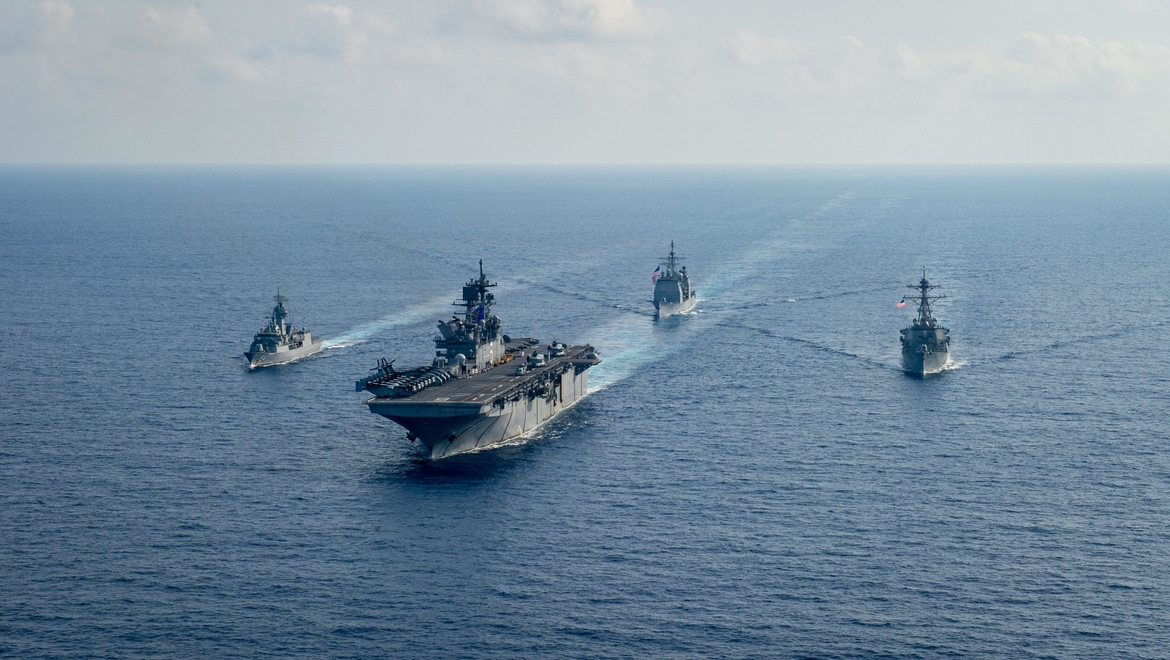Two Curtin University-led research projects that aim to improve Australia’s defence and national security capabilities have been awarded funding in the latest round of the Defence Science Centre (DSC) Collaborative Research Grants.
To continue reading the rest of this article, please log in.
Create free account to get unlimited news articles and more!
Announced on Friday by Minister for Defence Industry Melissa Price and WA Defence Minister Paul Papalia, the projects have been awarded a combined total of $291,560 and will be led by Professor Ba-Ngu Vo and Professor Ba-Tuong Vo from Curtin’s School of Electrical Engineering, Computing and Mathematical Sciences and associate professor Randall Wayth from the Curtin University node of the International Centre for Radio Astronomy Research.
The projects to be funded include technology aimed at detecting early threats and suspicious activities – as well as an initiative that will make use of radio astronomy technologies based on the Murchison Widefield Array to monitor and track space-based objects and satellites.
The two projects will run in collaboration with other WA universities, including researchers from Edith Cowan University and the University of Western Australia, and will include support from industry partners.
The university's vice-chancellor, Professor John Cordery, congratulated the recipients on receiving funding in the latest round of grants, which continues to build up Curtin University’s reputation as a leader in the extraterrestrial sector.
“Professors Vo will work closely with Perth satellite start-up LatConnect 60 to develop the technology, in collaboration with the Land Division of DST Group, which will be essential in ground and maritime surveillance over large areas, allowing for optimal, informed and timely decision-making by authorities,” said Professor Cordery.
“Associate professor Wayth’s work will take an important step in demonstrating that radio astronomy technology and techniques can be implemented in a flexible and deployable system to support the modern defence force, demonstrating the translation of radio astronomy into other high impact sectors.
“Both projects are further developing Curtin’s existing strengths in the domain of space situational awareness for the benefit of defence and the growing space industry. The success of these two projects demonstrate how high-quality research can have real-world applications for Australia’s defence and national security sector.”

 Login
Login






